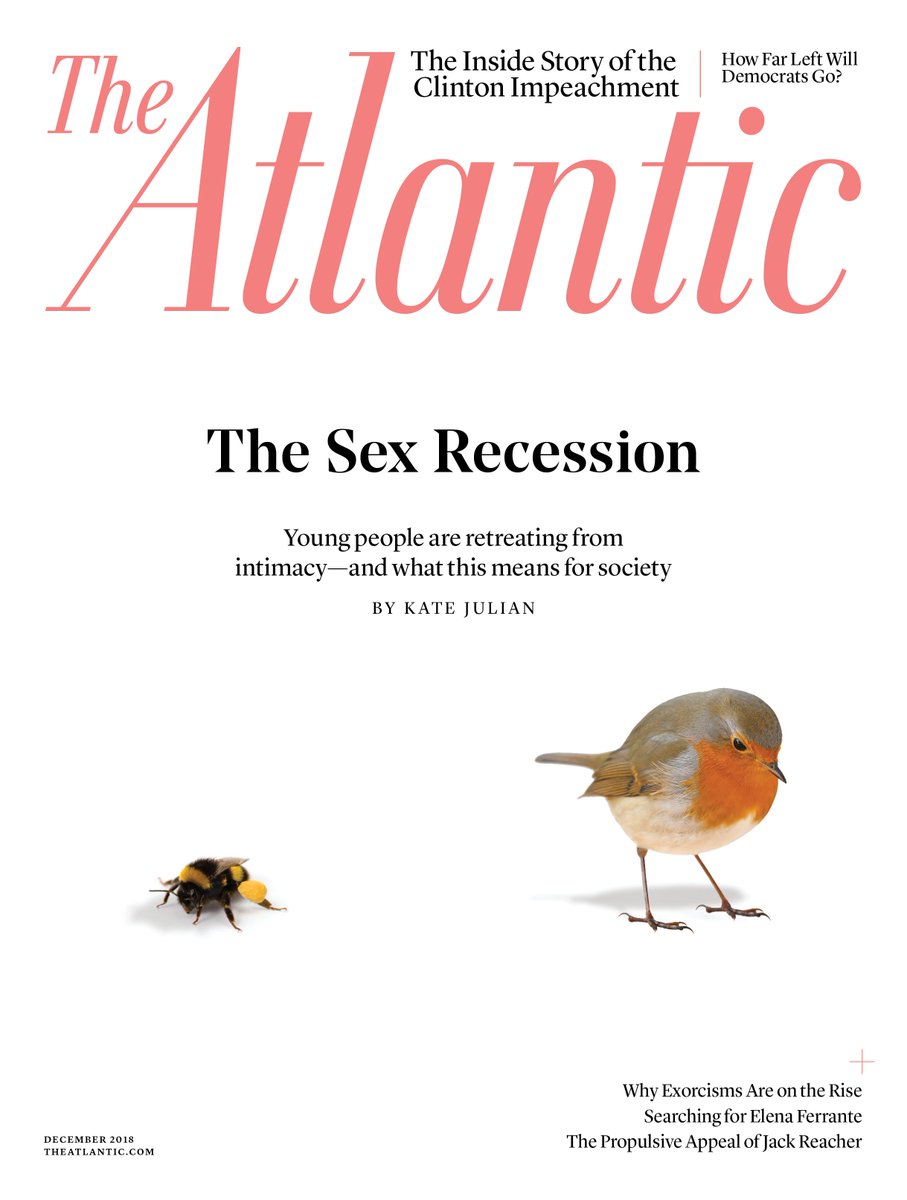The outcome of Ger elections in Sept is highly likely to be a Black/Green coalition. Positive for Ger & EU. All the contenders to replace Merkel are also mainstream, some just more conservative than others. See
@NazMasraff &
@COdendahl very good analysis & threads for more 2/
Yet despite this constructive outcome, in short & medium term, Merkel’s departure will leave a large gap in EU no leader can credibly fill.
@EmmanuelMacron will try, but without Merkel or strong partnership in Berlin, his more disruptive, abrasive style won't succeed 3/
Merkel's presidency last year is a class example of her deft political skills. Landing deals with UK & China (whose real value is framework & basis for broader political co-operation they provide); on €750bn Recovery Fund & rule of law; & climate 4/
Of course there's a lot of criticism about compromises she brokered. There is some truth to them. But very often these critiques pay little serious attention to the counterfactual, for eg, of leaving Pol & Hu behind. I think the price would have been too high to pay 5/
Could
@EmmanuelMacron have brokered these compromises? Of course not. But without Macron, many of these ideas would never have been seeded. The Recovery Fund was an idea conceived in
@Elysee, arguably dating back to 2017 & ill fated “Eurozone budget” & Meseberg accord in 2018 6/
Likewise, “strategic autonomy” - Paris’ intellectual framework for European
“sovereignty“ & geopolitical relevance - laid the groundwork for the EU deal Merkel's presidency brokered with China 7/
Of course you could argue Brexit, Trump & Covid-19 were as critical in changing Merkel’s outlook as Macron was. But in striking these agreements, Merkel did move away from old German balance between Atlantic (NATO) & E Europe/Moscow to build stronger links with “South” - & France
Macron can therefore claim to have succeeded where his predecessors - Sarkozy & Hollande - failed. He did so partly bc he had a strategic vision to sell to Germany (cc
@PedderSophie impactful 2019
@TheEconomist interview) which Berlin eventually realised they needed 9/
It mattered that unlike previous French Presidents,
@EmmanuelMacron was not just demanding German financial/fiscal support. Not unfairly then, Macron sees himself as a guiding force in EU post-Merkel. But in reality & practice, he will need a sympathetic partner in Berlin 10/
Will he find one? The new Chancellor will necessarily be more inexperienced, more pre-occupied with domestic politics & coalition management. And as
@lucasguttenberg says in his very good thread, they will probably - to begin with - be very cautious on all things EU 11/
So Macron's greatest fear - the emergence of a Chancellor who will push hard on European brakes & look inward - is certainly justified. Aggravating this, Macron’s own energy & efforts will also largely be absorbed by triple covid, economic & possible security crises this year 12/
And when Germany’s new leader does eventually settle in & come up for air, Macron's own Presidential elections will be fast approaching (April/May 2022) & all consuming. So what's the punchline? 13/
Looking over the horizon, it's likely Paris & Berlin are going to be out of lockstep for some time to come. Put differently, based on the above, one could credibly argue Europe is going to be poorly or ineffectively led for at least the next 12-15 months 14/
This is why Merkel's exit from German/EU politics is
@EurasiaGroup top Europe risk for 2021; full report here:
https://t.co/u7AMJoEBnV 15/
With no effective Ger/Fr “leadership safety net“, there are many issues that could stall/be negatively affected/fester this year, eg - implementation of Recovery Fund; reform of EU fiscal rules; EU/China deal; tensions with Turkey in Eastern Med; the reset with Biden etc 16/
This is not an exhaustive list of challenges EU now faces, but a few examples where Merkel’s leadership & partnership with Macron has been pivotal. This era is now coming to a close & a period of transition, uncertainty & a yet unknown Franco-German dynamic awaits on other side
Of course the EU is bigger than Fr & Ger. But the painful truth is nothing meaningful can happen without their prior & substantive alignment. The full argument is here, in my first piece for
@POLITICOEurope this year ENDS
https://t.co/mZmrfO8mA1




















